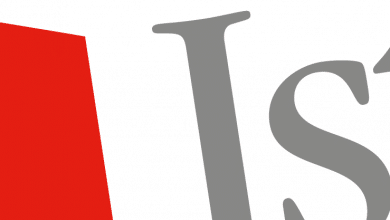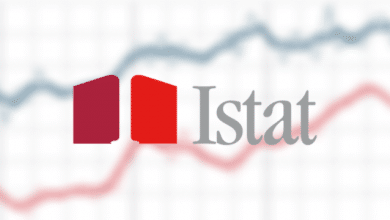
The EMA has published a guide for patient and healthcare professional organisations with key principles ed  examples of good practice to support them in preventing and managing the shortage of medicines for human use.
examples of good practice to support them in preventing and managing the shortage of medicines for human use.
There shortage of medicines and reduced availability of medicines is a growing problem in the EU and worldwide and it has been amplified by the COVID-19 pandemic. It can have a significant impact on patient care by causing medication rationing and critical treatments to be delayed. Due to medicine shortages, patients may have to use less effective alternatives and may risk using medicines incorrectly.
Causes of shortages can include production problems leading to delays or interruptions in production, shortages of raw materials, increased demand for medicines, distribution problems, work stoppages and natural disasters.
Patients and healthcare professionals are the main actors at the end of the supply chain, therefore their shortage prevention activities are usually limited to managing the demand for medicines at risk of shortages. EMA's guidance also looks at measures that help improve preparation, planning and rationed use for medicines that are in or expected to be in short supply in the near future.
Some of the key recommendations included in EMA's guidance apply only to patient organisations, some only to healthcare professional organisations, and some to both. For example, both types of organizations are encouraged to:
- develop observatories in collaboration with national authorities to collect and analyze information from patients and healthcare professionals on shortages and their early signs;
- work with national authorities on criteria and ways to develop registries of essential and critical medicines;
- organize campaigns across the EU to raise awareness of shortages, where to find information on ongoing shortages, storage risks and the safe use of alternative medicines.
 Key recommendations have been prepared on the basis of consultations with member organizations of the EMA Patients and Consumers Working Group (PCWP) he was born in Healthcare Professionals Working Group (HCPWP). They build on existing practices and initiatives in individual EU Member States where the recommendations have often been implemented in isolation, some of which are described in the annex of the guidance.
Key recommendations have been prepared on the basis of consultations with member organizations of the EMA Patients and Consumers Working Group (PCWP) he was born in Healthcare Professionals Working Group (HCPWP). They build on existing practices and initiatives in individual EU Member States where the recommendations have often been implemented in isolation, some of which are described in the annex of the guidance.
The full set of guidelines can be found in the good practice guide, but also in an information sheet developed by EMA for patients and healthcare professionals.
A PDF icon collection of factsheets presents what patients can do when it comes to medicine shortages.
Nurofen disappeared from pharmacies, the syrup for children seems unobtainable





